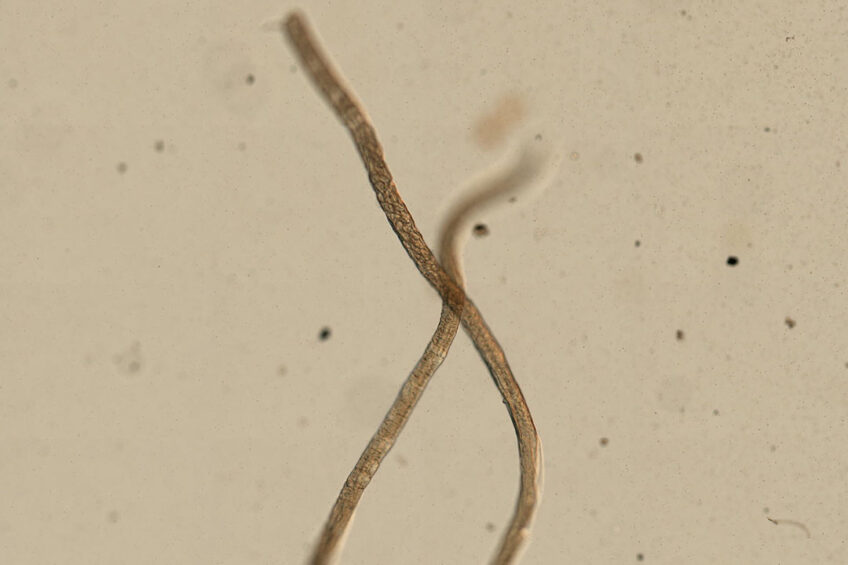Worming issues remain in free-range flocks despite housing order

Free-range egg producers have been reminded to keep up worming regimes during the current housing order imposed because of avian influenza.
Although birds aren’t picking up worms from outside, increased contact with faeces while in sheds means that worms are more easily picked up and spread.
Jeremy Marsh, layer business manager at Elanco Animal Health, said the risk of the parasites causing production losses is inevitable.
Roundworms, hairworms, caecal worms and gapeworms
There are 4 different types of worms which typically impact bird health and performance: roundworms, hairworms, caecal worms and gapeworms, with hairworms carrying the greatest risk. Hairworms can be found in the stomach and intestines of chickens and are almost invisible to the naked eye.
In spite of their small size, even small burdens can be fatal for birds: “The symptoms of hairworms vary, but often lead to reduced egg production, weight loss, reduced food intake, diarrhoea, anaemia and death. The most obvious symptoms are the birds looking stressed and generally unwell, appearing dull and hunched.”
Follow standard worming protocols
Marsh advises that throughout the housing order, egg producers should continue to follow standard worming protocols.
“Most birds are wormed in 6-week intervals throughout the production cycle, with some exceptions upon veterinary advice. Because there are a number of different species that can be problematic, the ideal solution is to use a wormer that tackles all major species at all lifecycle stages to give a full spectrum of control,” he added.












